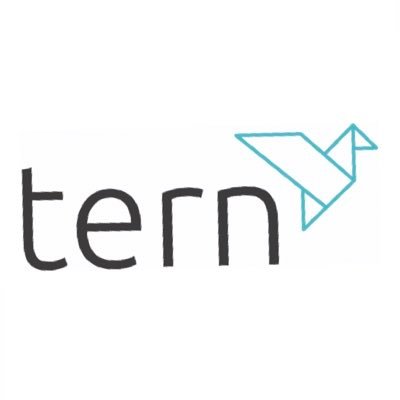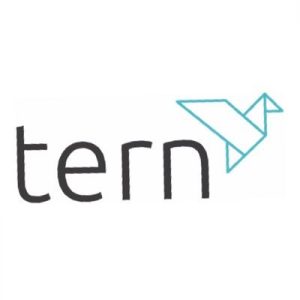Understanding the preferences, trends, and experiences of both patients and healthcare professionals (HCPs) is key to developing effective healthcare marketing strategies. However, the challenge of managing unstructured data remains significant, especially with the reliance on traditional methods that are time-consuming and prone to errors. Research shows that a large portion of marketers still depend on outdated practices such as using spreadsheets for reports and manually transferring data into presentations. These methods not only slow down the process but also limit the ability to quickly translate insights into action. Furthermore, many marketing teams struggle with accessing a unified data source, which only adds to the difficulty.
With the increasing complexity and volume of data sources, healthcare strategists need more advanced tools to efficiently extract valuable insights. AI-driven solutions like Drug-GPT are designed to fill this gap by providing actionable intelligence through the streamlined analysis of diverse, unstructured data. By processing information from sources like patient surveys, HCP interviews, social media discussions, and medical conference abstracts, Drug-GPT helps strategists gain a comprehensive understanding of the healthcare environment and create campaigns that resonate with their target audiences.
Drug-GPT addresses the limitations of traditional manual analysis by transforming raw conversational data from real-world interactions into meaningful insights. It helps strategists to fully understand the patient journey by offering a multi-dimensional view through advanced sentiment and topic models. This AI-powered tool allows strategists to identify key moments and unmet needs within the patient experience, enabling them to design more relevant and engaging marketing campaigns based on real-world data.
Another key advantage of Drug-GPT is its ability to assess the alignment of insights across different stakeholders. Healthcare strategists often face the challenge of ensuring their messaging resonates with both patients and HCPs. Drug-GPT’s dual-lens approach allows for the comparison and analysis of insights from both groups, helping strategists ensure their messaging speaks effectively to both audiences, even before and after campaign launch.
Additionally, Drug-GPT enables strategists to gain valuable insights into the competitive landscape by analysing trends and patterns from various data sources. Whether it’s through monitoring conversations or tracking discussions at medical events, the tool helps identify emerging trends and shifts in priorities, ensuring marketing strategies remain agile and informed by both internal and external factors.
As AI continues to advance, its role in healthcare marketing becomes more vital. In 2024, AI tools like Drug-GPT have already proven their ability to streamline tactical tasks, and by 2025, they are set to become indispensable strategic partners for marketers. These tools offer a significant opportunity to refine strategies, making them more aligned with the real-world experiences of patients and HCPs, while enhancing productivity by up to 80%. AI-driven solutions are no longer optional; they are essential for strategists seeking to gain deeper insights and drive impactful, data-informed marketing efforts.
The tools are ready – the question is, are you prepared to integrate them into your 2025 strategy?
Tern plc (LON:TERN) backs exciting, high growth IoT innovators in Europe. They provide support and create a genuinely collaborative environment for talented, well-motivated teams. The Talking Medicines mission is to be the World’s Gold Standard for Patient Intelligence by Medicine.


